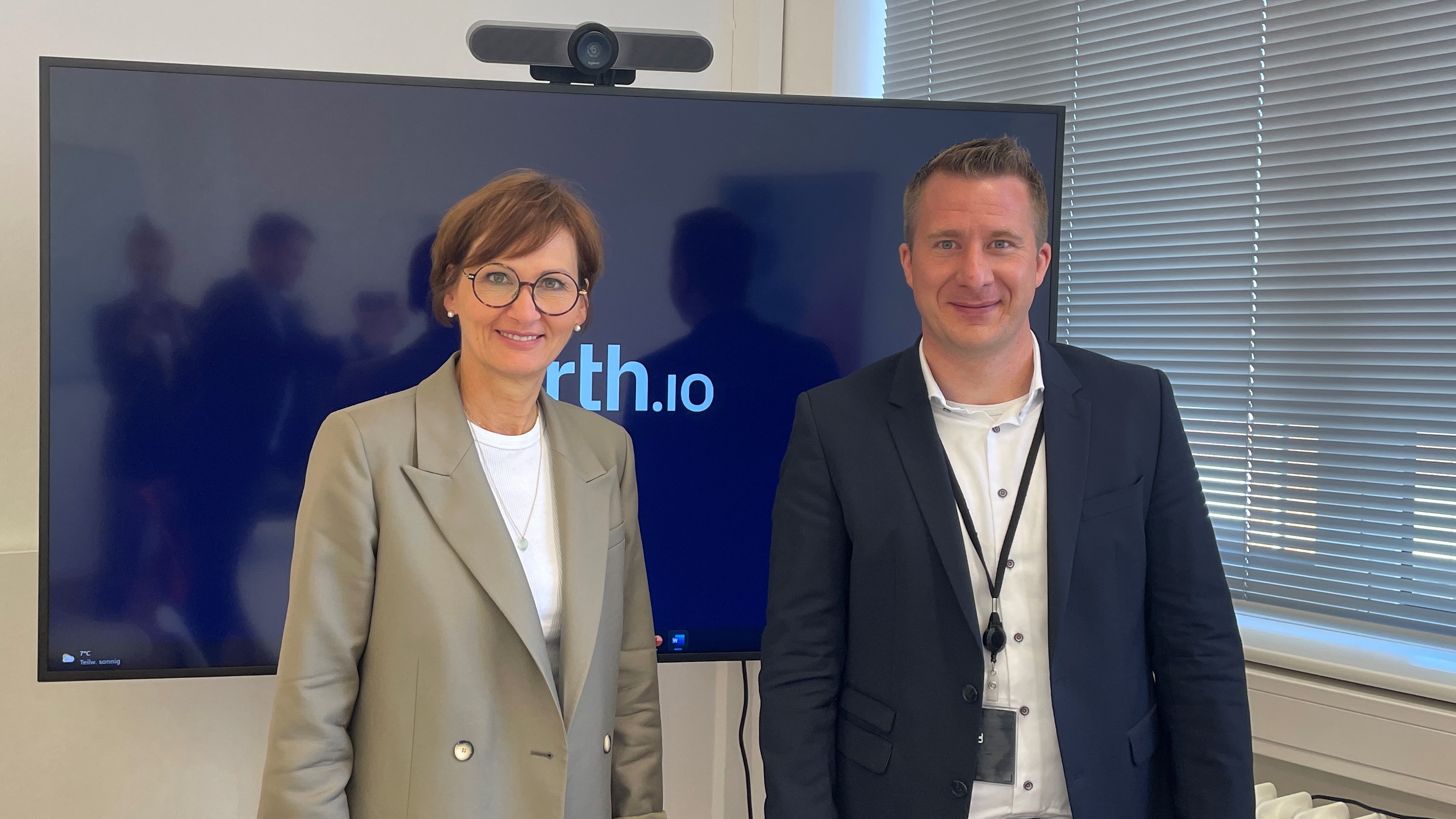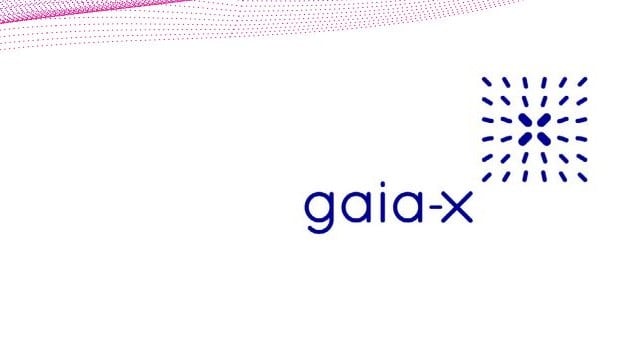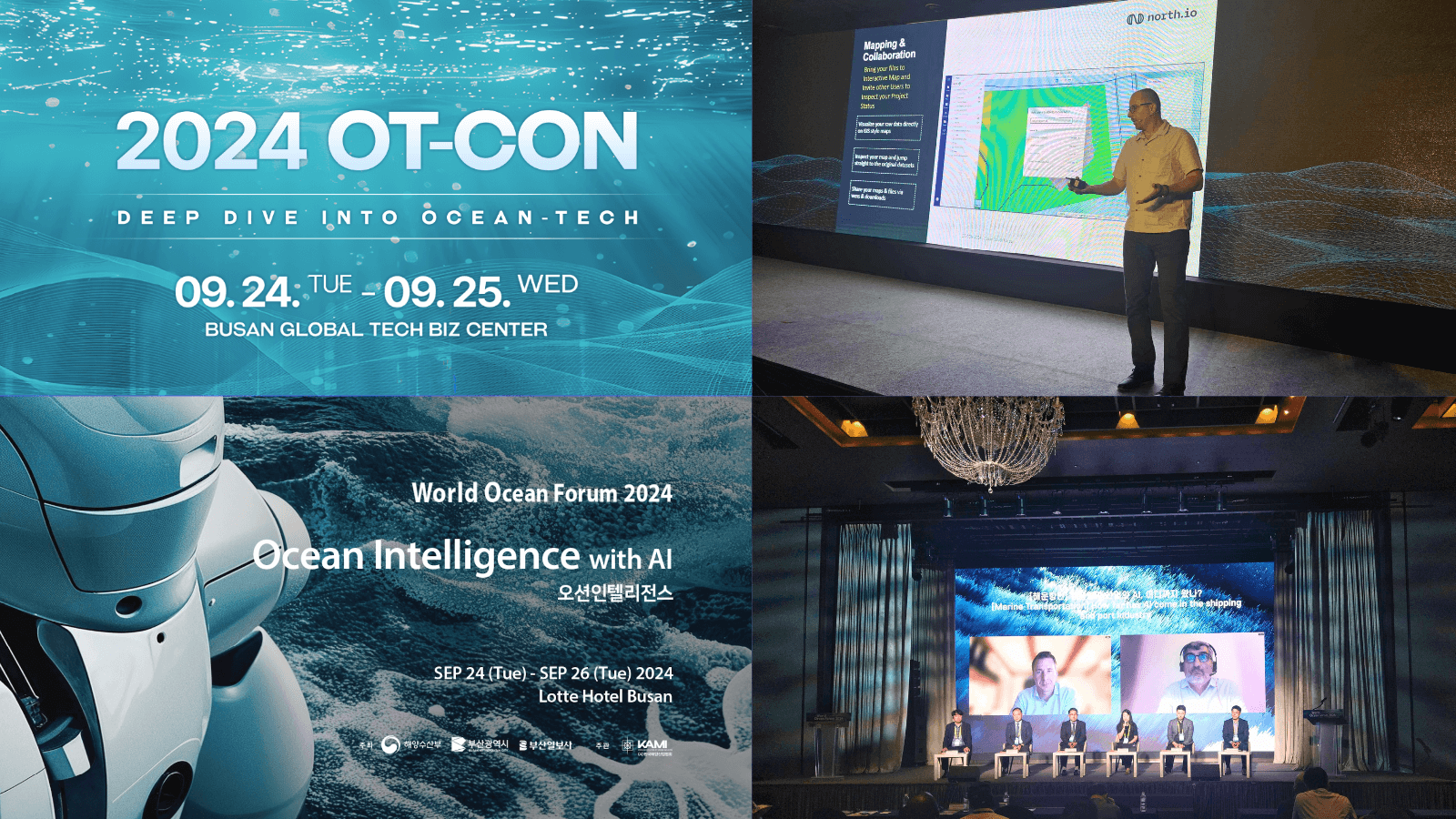Marispace-X Project Wraps Up in Kiel: Ocean Data Use Cases Remain Relevant
Kiel, Germany. After more than three years of intensive collaboration, the Marispace-X project—initiated by north.io, co-funded by the German Federal...
It covers 361 million square kilometers, contains 97 percent of all water and is home to 230,000 known species: the ocean. More than 70 percent of the earth is covered by water. That ocean health is linked to human health was recently highlighted by researchers from the interdisciplinary European collaboration Seas, Oceans & Public Health in Europe. In addition, according to the Helmholtz Centre for Ocean Research Geomar, the ocean is delaying the effects of climate change by absorbing more than 90 percent of the additional heat energy so far. The ocean is also a natural carbon sink. Since the beginning of industrialization, it has absorbed about 30 percent of the carbon dioxide produced by humans.
"The ocean is the key to a just and sustainable planet."
www.oceandecade.org
However, the maritime world is also suffering greatly from overfishing, acidification, pollution and, of course, climate change. Over the past 50 years, the ocean has lost more than two percent of its oxygen, with some dramatic effects on wildlife. In some areas of the ocean, oxygen levels have declined by as much as 40 percent. These large oxygen-depleted zones, where life no longer exists, are called death zones.
In order to stop climate change, a project was also launched in this country on February 24 as part of the European Gaia-X initiative: Maritime Smart Sensor Data Space X, or Marispace-X for short. The project aims to contribute to the digitalization of the so-called Blue Economy. This is a concept that emerged from the research group around "Nature's 100 Best", is dedicated to the protection of the Earth's ecosystems, and at the same time is intended to create jobs and business models. To this end, a maritime cloud-native data format is to be developed jointly. Like all other areas of business and science, the Blue Economy is dependent on data. Only on the basis of data can use cases be developed that contribute to the health of the ocean.
The project thus aims to build a maritime IoT platform that can be used to collect, securely manage, share and evaluate data from the oceans on the basis of European standards and values in order to gain new insights and develop solutions and services. Marispace-X is the largest industry-driven digitalization project of its kind, according to the website of Kiel Christian Albrechts University. In doing so, it is expected to contribute significantly to the development of the maritime data economy and value creation in the future, both on a local, regional and international level. In the future, this will allow marine data to be stored, shared and analyzed securely and efficiently worldwide in a cloud environment.
"We want to make maritime geodata usable, link it with other sources and process it partly underwater,"
says Jann Wendt, initiator of Marispace-X and CEO of North.io.
"Marispace-X forms the basis for maritime digital business models, enables new forms of digital value creation and creates high-tech jobs in the maritime sector in Germany. The project is a driver of transformation in the maritime sector and makes an important contribution to its future viability,"
continues Claudia Müller, Maritime Coordinator of the Federal Government.
Since Marispace-X is clearly business-oriented, various use cases are also being developed to help create a digital ecosystem of the oceans. These use cases are important because they make the digitization project tangible for many in the first place. Rainer Sträter, Head of Digital Ecosystems at Ionos, is also convinced of this: "The sexiness of Marispace-X lies in the use cases that make the topic tangible for everyone. We participated in Marispace-X because we are convinced that the project will generate impact and get over the finish line."
The cloud provider Ionos has a central role within the project. As a hosting and cloud provider headquartered in Montabaur, it is currently solely responsible for the cloud infrastructure on which the use cases and the maritime IoT platform are developed.
Currently, there are four specific use cases that are being carried out as part of Marispace-X:
Internet of Underwater Things (IoUT): The IoUT is defined as a worldwide network of intelligently interconnected underwater objects such as sensors, which makes it possible to monitor vast unexplored areas of water. This is because data exchange is particularly difficult in water. Edge computing also plays a major role in this context.
Offshore wind: Offshore wind is one of the central keys to avoiding carbon dioxide. However, offshore wind farms require vast amounts of data, for example for intelligent plant management. The first step is to create data rooms that map entire wind farms. This data can then be analyzed and evaluated centrally.
Ammunition in the sea: Up to 1.6 million tons of conventional ammunition are said to still be lying in the North and Baltic Seas. The dangerous legacy of World War II was dumped into the sea after the end of the war or lurks in sunken ships. Knowledge of where the toxic legacy from the world wars is located is crucial, for example, for the expansion of wind energy and other infrastructure measures in the Baltic Sea. Marispace-X aims to recover these hazardous legacy sites through new intelligent ways of data analysis and management. In addition, the consortium is working on this safety-critical topic, on the implementation of federated identity and trust services.
Biological climate protection: Marine plants have a high carbon dioxide storage capacity. The consortium is working to build a trustworthy data infrastructure that provides information on the distribution of seagrass beds, for example, to help the ocean store CO2. Artificial intelligence (AI) will be used to define potential colonization areas for marine plants.
In addition to North.io, Ionos and Christian-Albrechts-Universität zu Kiel, other partners are also involved in Marispace-X. These include, for example, the Fraunhofer Institute for Computer Graphics Research (IGD), Geomar - Helmholtz Centre for Ocean Research, the Big Data startup Stackable, the cloud-native company TrueOcean, the University of Rostock and the sensor integrator MacArtney. Further partner companies are welcome.
By: Sarah Böttcher, IT-BUSINESS
.jpg)
Kiel, Germany. After more than three years of intensive collaboration, the Marispace-X project—initiated by north.io, co-funded by the German Federal...

Germany's Federal Research Minister Stark-Watzinger visited the north.io team in Kiel this week to learn more about the Gaia-X project Marispace-X....

Over 70 Gaia-X pilot projects are currently developing the technical requirements for Europe's future cloud ecosystem.The consortium for "Smart...

Last week, north.io had the privilege of participating in two significant conferences in Busan, South Korea: the Ocean Tech Conference (OT-CON),...